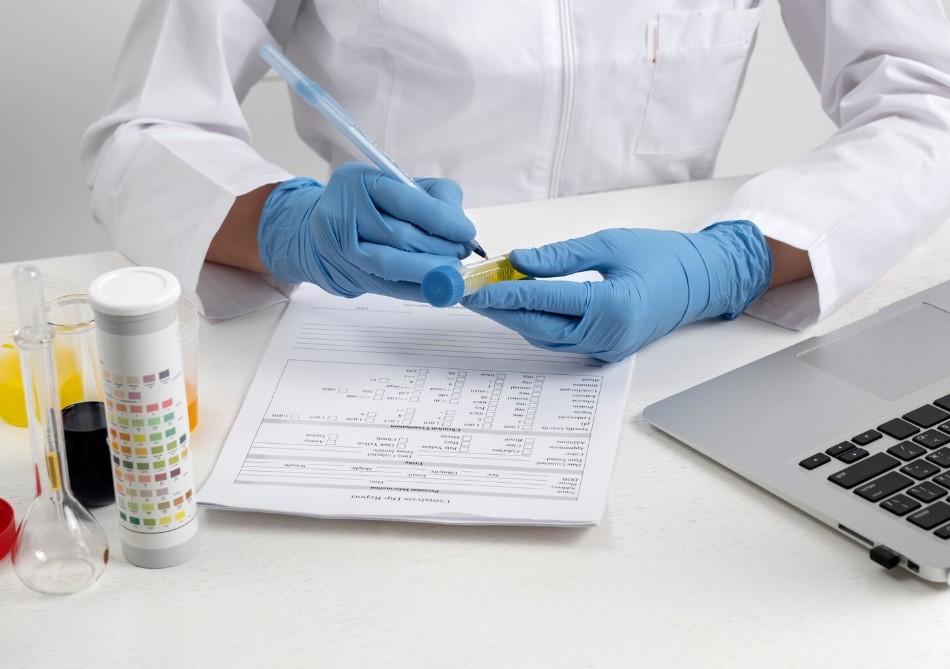Notifications

4 minutes, 19 seconds
-42 Views 0 Comments 0 Likes 0 Reviews

The cosmetics industry is experiencing a significant regulatory overhaul with the introduction of the Modernization of Cosmetics Regulation Act (MoCRA). For cosmetic manufacturers, distributors, and retailers in the United States, understanding the implications of FDA Cosmetic Registration and the new cosmetic registration MoCRA requirements is critical. This article provides an in-depth look at these regulations and how they affect the cosmetic market.
FDA Cosmetic Registration is the process by which cosmetic manufacturing, processing, packing, or distributing facilities register with the U.S. Food and Drug Administration. Previously a voluntary program, the FDA’s Voluntary Cosmetic Registration Program (VCRP) served as a way for companies to provide product and facility information to the FDA. However, with the enactment of MoCRA, registration has become mandatory for most cosmetic businesses operating in or exporting to the U.S.
Facility registration allows the FDA to maintain an up-to-date database of all cosmetic manufacturers and processors, enhancing transparency and the agency’s ability to monitor product safety across the industry.
The cosmetic registration MoCRA law, passed in 2022, represents the most comprehensive update to cosmetic regulation in over 80 years. Its goal is to strengthen consumer safety and modernize the regulatory approach to cosmetics. Important aspects of this law include:
Mandatory Facility Registration: Both domestic and foreign cosmetic facilities must register with the FDA and renew their registration every two years.
Product Listing: Companies are required to submit detailed listings of all cosmetic products marketed in the U.S., including product names, ingredient information, and intended use.
Adverse Event Reporting: Serious adverse events—such as hospitalizations, disabilities, or life-threatening reactions—must be reported to the FDA within 15 days by responsible parties.
Safety Documentation: Businesses must maintain evidence proving that their cosmetic products are safe for consumers, supported by scientific testing or expert evaluation.
Labeling Requirements: Product labels must include clear ingredient disclosures and contact information to facilitate consumer reporting of adverse events.
Good Manufacturing Practices (GMP): The FDA is tasked with establishing GMP regulations to ensure cosmetics are produced under strict quality and safety standards.
Any entity manufacturing, processing, packing, or holding cosmetic products intended for the U.S. market must comply with FDA Cosmetic Registration and the requirements under cosmetic registration MoCRA. This includes foreign manufacturers who must designate a U.S. agent to act on their behalf.
While small businesses may be eligible for certain exemptions, most companies will need to comply with the core requirements, especially concerning product safety and adverse event reporting.
The regulatory environment for cosmetics in the U.S. is changing dramatically with the introduction of FDA Cosmetic Registration as a mandatory requirement under cosmetic registration moCRA. These changes are designed to enhance product safety, increase transparency, and ensure consumer protection. Cosmetic companies must act promptly to align with these new standards to avoid penalties and maintain market access. Embracing these regulations will not only ensure compliance but also reinforce brand integrity and consumer trust in an increasingly safety-conscious marketplace.

